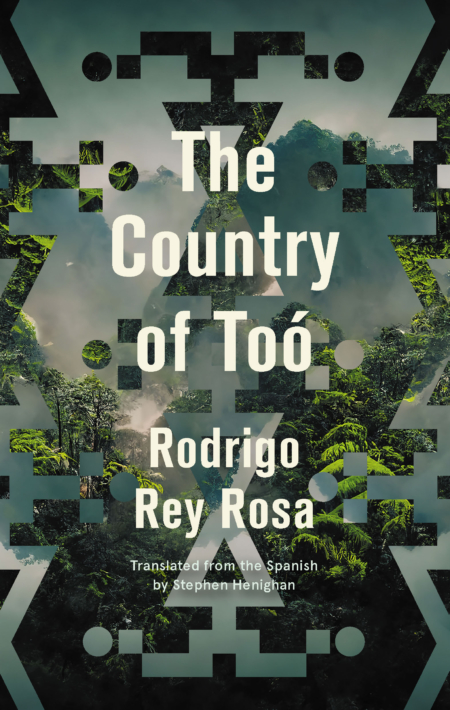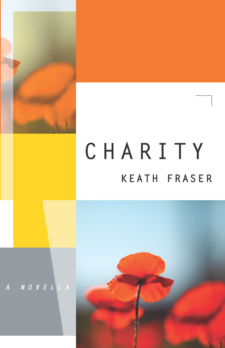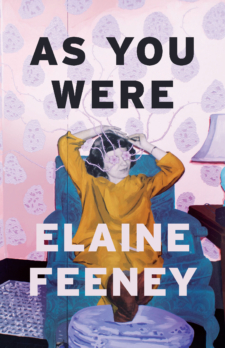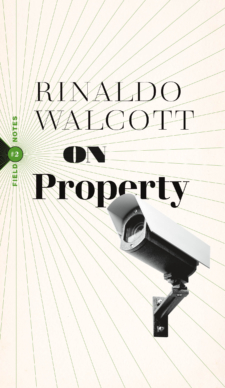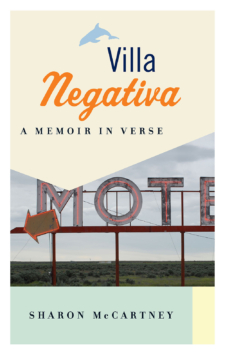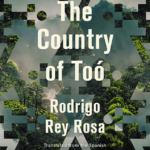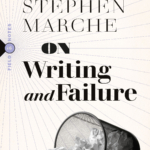Description
A Crime Reads Best International Crime Fiction of 2023
This sumptuously written thriller asks probing questions about how we live with each other and with our planet.
Raised on his wits on the streets of Central America, the Cobra, a young debt collector and gang enforcer, has never had the chance to discern between right and wrong, until he’s assigned the murder of Polo, a prominent human rights activist—and his friend. When his conscience gives him pause and his patrón catches on, a remote Mayan community offers the Cobra a potential refuge, but the people there are up against predatory mining companies. With danger encroaching, the Cobra is forced to confront his violent past and make a decision about what he’s willing to risk in the future, and who it will be for.
Following the Cobra, Polo, a faction of drug-dealing oligarchs, and Jacobo, a child caught in the crosshairs, Rey Rosa maps an extensive web of corruption upheld by decades of political oppression. A scathing indictment of exploitation in all its forms, The Country of Toó is a gripping account of what it means to consider societal change under the constant threat of violence.
Praise for The Country of Toó
“When tasked with assasinating a friend, a Guatemalan gang enforcer flees to the Mayan countryside, where the struggle to keep community land from mining companies forces him to rethink his allegiances.”
—New York Times
“No remark is casual, no scene a mere illustrative pass-through. Something we think is a minor event turns into a significant plot twist. It’s strange and uncomfortable, what appear to be fragmented events gradually coalesce with brilliant force, building toward the Cobra’s assassination assignment of Polo.”
—NPR
“The Country of Toó is … about a lot of things, including political corruption and reform; a young man’s surreal recovery from a traumatic injury; and the moral crisis faced by a man known only as the Cobra, who has begun to feel the strain of years of working as a hired gun. Tonally, the work shifts from realistic to dreamlike and back again; the result is a complex reckoning with histories both personal and national.”
—Tobias Carroll, Brooklyn Rail
“The Country of Toó is like little else you’ll read this year, and it’s another strong entry in its author’s impressive bibliography.”
—Words Without Borders
“An appealing panorama of both the country and the different cultures and forces—from Mayan to global-capitalist—at work in it.”
—M.A. Orthofer, The Complete Review
“Ably translated into English by Stephen Henighan, the narrative driven and distinctive storytelling style of novelist Rodrigo Rey Rosa raises The Country of Toó from a basic crime thriller to that of a work of literary excellence.”
—Midwest Book Review
“A deep, satirically streaked dive into the violent culture of Guatemala.”
—Kirkus Reviews
“Rey Rosa illuminates how an Indigenous culture is besieged by outsiders … [and] leaves readers with plenty to chew on.”
—Publishers Weekly
Praise for Rodrigo Rey Rosa
“Intense … By the end of this novel you feel glad to have come out on the other side and carry the hope that Rodrigo Rey Rosa, those close to him, and his fellow countrymen will do so, too.”
—New York Journal of Books
“Rodrigo Rey Rosa creates stories of mythic proportions.”
—San Francisco Chronicle
“[Human Matter‘s] exploration of the history of violence and secrecy in Central America has obvious relevance to today’s politics, but the tale of a writer trying to understand the truth behind the things he’s seeing gives the novel a resounding, universal echo.”
—Vanity Fair
“Rey Rosa, a Guatemalan writer often compared to Roberto Bolano … was inspired to write a meta-novel about his experiences [visiting Guatemala’s National Police archive] and the stories he uncovered. The result … reads like the journal of a heartbroken researcher who stumbles on the darkest truths about his native country.”
—Chicago Tribune
“Wonderful … The tension between the fundamental pleasure of the novel—which comes from trying to piece together meaning out of the disparate information available to us and the narrator’s insistence that it’s futile—creates a weirdly gratifying reading experience.”
—Chicago Review of Books
“To read him is to learn how to write and is also an invitation to the pure pleasure of allowing oneself to be borne along by sinister or fantastic stories … To say that Rey Rosa is the most rigorous writer of my generation, and at the same time the clearest, the one who weaves his stories together best, the most brilliant of them all, is not to say anything new.”
—Roberto Bolaño

